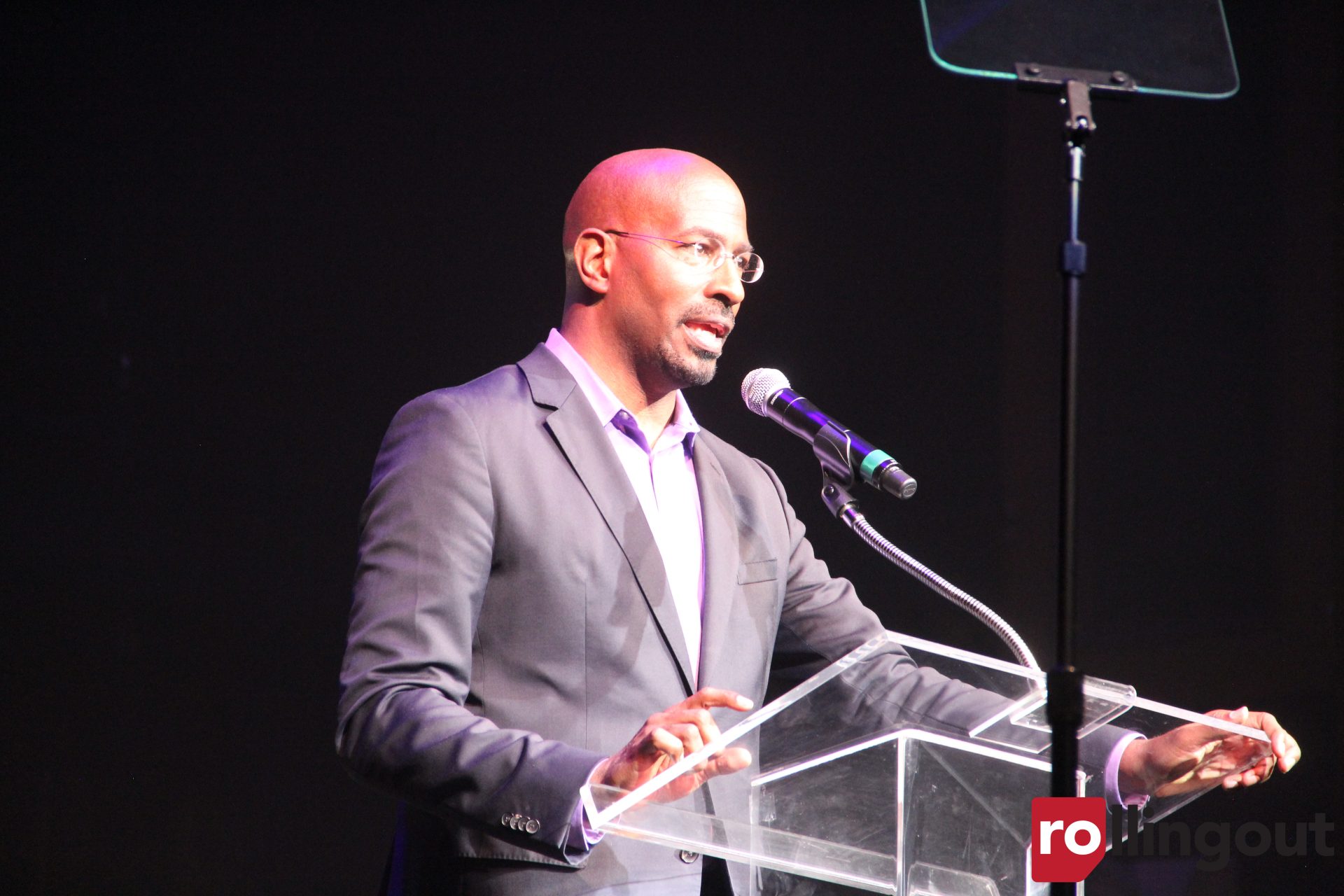 “Getting and spending, we lay waste our powers,” wrote poet William Wadsworth more than 200 years ago about materialism. Today, the issue persists among African Americans, whose buying power has reached nearly $1 trillion.
“Getting and spending, we lay waste our powers,” wrote poet William Wadsworth more than 200 years ago about materialism. Today, the issue persists among African Americans, whose buying power has reached nearly $1 trillion.
Power may be attained through capital; celebrity; gender; knowledge; expertise; affiliation; force; and delegation. In America, power is typically a measure of capital, including social, financial or intellectual. People with more capital have more power, and people with less capital are limited or powerless. Through spending or getting material items, people who feel otherwise powerless may then feel a greater sense of control over their lives. Thus, the motivation for acquiring and spending money is to be respected, admired or acknowledged.
On Christmas Eve 2011, throngs of people across the country literally fought to purchase the Air Jordan XI. The tennis shoe was first released in Michael Jordan’s 1995-96 comeback season for $125, and was re-released in 2011 for $180. Acquiring the shoes was so important to one Atlanta mother that she allegedly left her toddlers in the car to go buy the shoes.
Many African Americans, including perhaps the accused mother, believe their power is mainly in spending, seeking to be defined by what they have or buy. For others, power resides in earning or getting paid a high salary. The spenders foolishly flaunt their ability to acquire goods and services. They believe that the more they have, the more respect and admiration they will get. Those who focus on earning are typically workaholics or are involved in any and everything to make more money. Their motivation is to gain power through the acquisition of more capital.
The most overlooked but commanding power rests in multiplying capital, being able to grow long-term wealth. People who focus on investing rather than spending, see capital as their servant rather than vice versa. They use their time and money wisely so that it yields enduring resources, not necessarily material items. Here are some things that investors do:
- Buy items that appreciate in value
- Seek opportunities that have a moderate to high rate of return
- Spend time to understand an investment
- Save money or reserve capital for future use
Booker T. Washington said, “Character is power.” He understood that our mind-set can lead to powerlessness or enslavement, including economic forms. In other words, power lies in how we think rather than what we have.
Annette Johnson is the owner of Allwrite Advertising & Publishing and the author of “What’s Your Motivation?: Identifying and Understanding What Drives You.” Follow her on Twitter @AnnetteWriter.
















